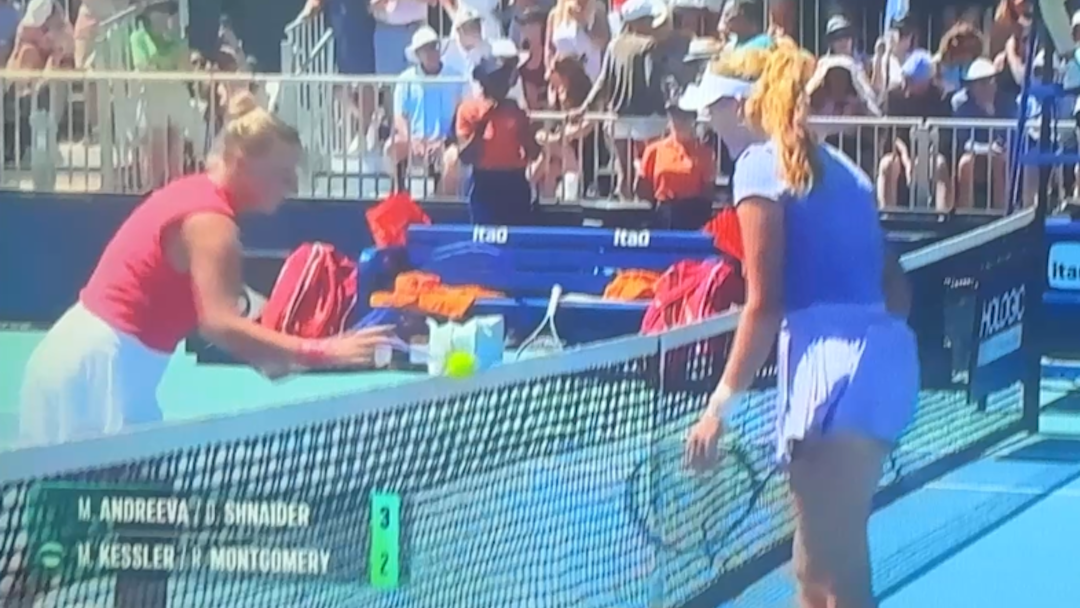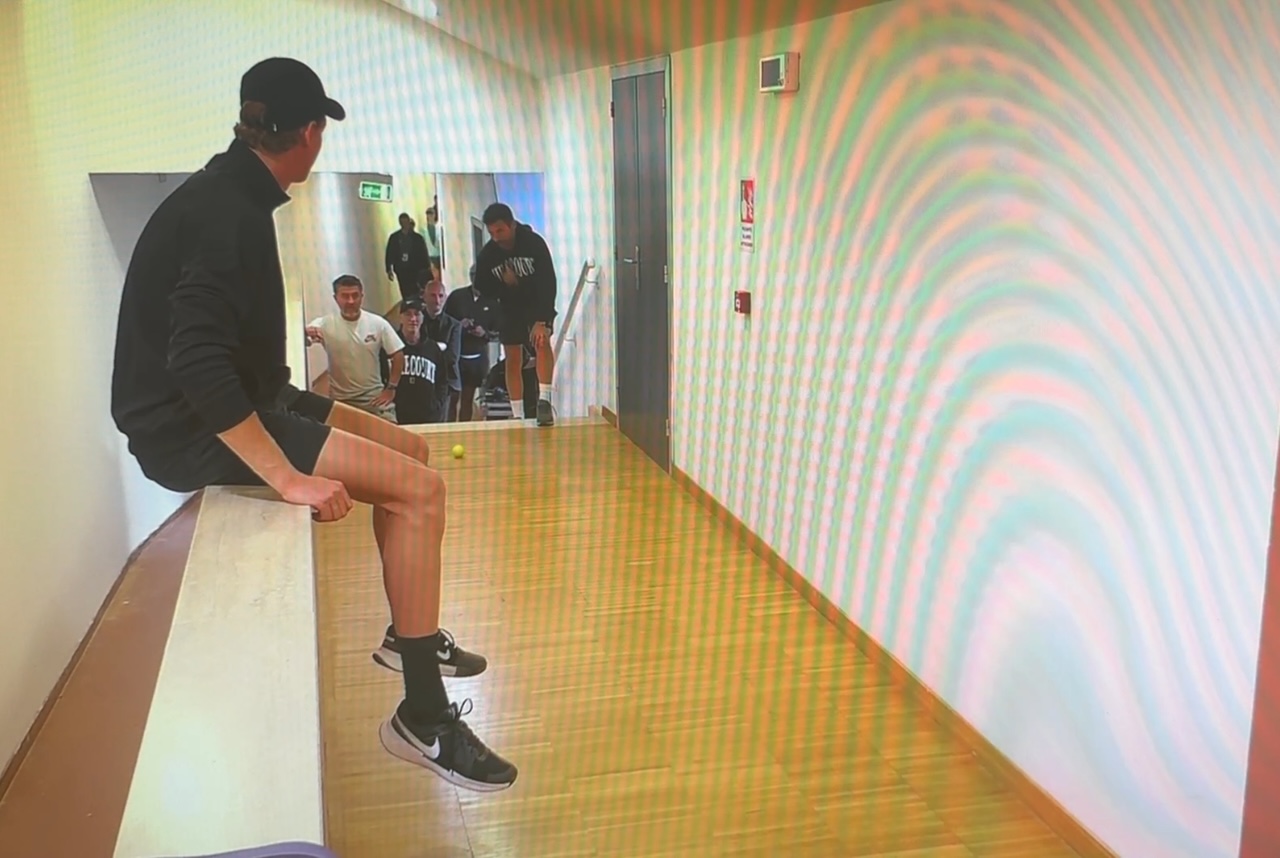2023 is the 50th anniversary of equal prize money at the US Open. Consequently, we will likely be regaled throughout the next two weeks with the story of how the tournament became the first major to take that momentous step. It is certainly something to celebrate. However, the USTA consistently omits essential details of how the decision for equal prize money actually occurred. It wasn’t a result of the organization’s own progressive initiative. Instead, Billie Jean King outsmarted them.
The tennis legend shares the complete story in All In: An Autobiography. In 1972, the professional players on the Virginia Slims tour voted to boycott the US Open because the prize money for the men’s champion was $25,000, while the women’s winner would receive only $10,000. Gladys Heldman talked the players out of the boycott, arguing that the tournament director, Billy Talbert, needed more time to raise additional cash.
Immediately before the US Open that year, Billie Jean met with Talbert to deliver an ultimatum. She told him that the Virginia Slims players would show up that year but that most of the top women, including herself, would not participate in 1973 if the prize money wasn’t equalized by that time.
Billie Jean also arrived at the meeting with some aces up her sleeve. First, she had the data from the player-conducted fan survey that supported the marketing power of the women at the tournament. The absence of Chris Evert, Rosie Casals, Evonne Goolagong, Margaret Court, and Billie Jean King herself would have significantly affected attendance had they not played.
Billie Jean also went into the meeting armed with secret money. She had already lined up a sponsor, Ban Deodorant, which had agreed to kick in $55,000 to level the prize purse starting in 1973. A handshake deal was made, including an agreement to not announce the equal prize money until just before the US Open the following year.
There is an organizational lesson here. Bringing something to the negotiating table is just as important as moral high ground and rhetoric. By walking into the meeting armed with the money to cover equalized purses, the financial excuses the USLTA (the organization did not drop the “Lawn” until 1975) had been hiding behind were obliterated. It would have been hard to justify any other decision.
In fact, maybe the USLTA didn’t make the decision at all. Billie Jean also detailed a fascinating postscript to the story in All In. In researching the book, the editors poured through old USLTA minutes in an attempt to find exactly when the organization officially approved equal prize money for the US Open. As it turns out, there is no evidence that the policy was ever formally discussed or ratified.
In my best Paul Harvey voice… And now you know the rest of the story.
My full review of All In: An Autobiography ran on August 26, 2021. I highly recommend the book to all serious fans of tennis.
Fiend At Court participates in the Amazon associates program and receives a paid commission on any purchases made via the links in this article. Details on the disposition of proceeds are available on the “About Fiend at Court” page.



